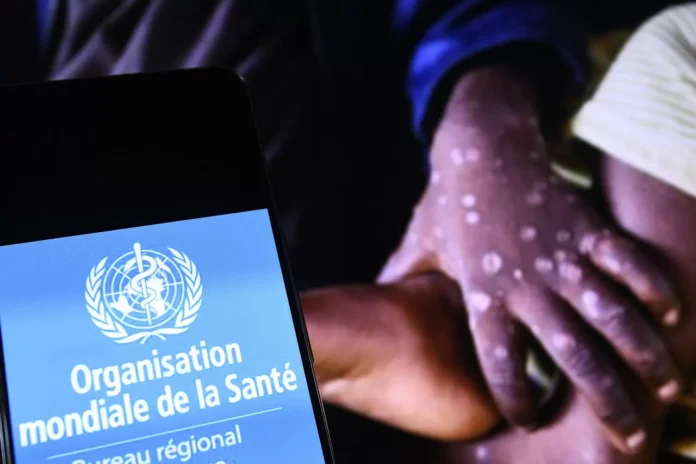A new, more dangerous strain of monkeypox, now called Mpox, has been detected in Europe. The World Health Organization (WHO) has activated its highest level of alert and warns of the risk of immunisation in Europe, including France.
Monkeypox is a rare viral disease that is primarily found in the tropical regions of Central and West Africa. It is similar to smallpox, but less severe. However, this new strain, Mpox, has been found to be more virulent and can cause severe illness and even death.
The first case of Mpox was reported in a traveler who had recently returned from Nigeria. Since then, several other cases have been identified in different European countries. This has raised concerns among health officials, as the disease can easily spread through contact with infected animals or humans.
The WHO has declared a Public Health Emergency of International Concern (PHEIC) and has activated its Emergency Operations Center to coordinate a response. This is the highest level of alert and is only used for the most serious health threats.
The organization is working closely with European countries to contain the spread of Mpox and prevent a potential outbreak. Measures such as surveillance, contact tracing, and isolation of suspected cases are being implemented to limit the spread of the disease.
The French government has also taken action to protect its citizens. The Ministry of Health has issued a warning to healthcare professionals to be vigilant for any suspected cases of Mpox. They have also advised the public to avoid contact with wild animals, especially monkeys, and to practice good hygiene to prevent the spread of the disease.
While there is currently no specific treatment for Mpox, the WHO is working with partners to develop a vaccine. In the meantime, the best way to prevent infection is to avoid contact with infected animals and to practice good hygiene, such as washing hands regularly and avoiding close contact with sick individuals.
The WHO has reassured the public that the risk of Mpox spreading in Europe is low, as long as proper precautions are taken. However, they emphasize the importance of remaining vigilant and taking necessary measures to prevent the spread of the disease.
In conclusion, the detection of Mpox in Europe is a cause for concern, but the WHO and European countries are taking swift action to contain the spread of the disease. With proper measures in place, the risk of immunisation can be minimized, and the public can be reassured that their health and safety are being prioritized. Let us all work together to prevent the spread of Mpox and protect our communities.

